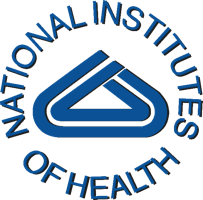
Purpose
The Eunice Kennedy Shriver National Institute of Child Health and Human Development (NICHD) and participating Institutes invite grant applications for research on the development of safe, real-time, non-invasive (or minimally invasive), in vivo methods to assess the development and function of the human placenta.
Background
The placenta is essential for the maintenance of pregnancy. The prominent function of the placenta is in the transfer of nutrients, gases and waste products between the mother and fetus. It is effectively the lung, gut, and kidney of the fetus. Abnormalities of placental development and function are known to underlie many major pathologies of pregnancy including spontaneous preterm birth, fetal growth restriction, and preeclampsia. Most information on placental biology is obtained studying placental tissue obtained from pathological pregnancies, such as a preterm deliveries occurring predominately in the third trimester, or from term deliveries in which placental development has already crested. Hence, there is a paucity of information obtained earlier in gestation, a period of time when many of the pregnancy pathologies are believed to have their origins, as well as very limited information gleaned throughout gestation from normal pregnancies. The development of real-time, non-invasive (or minimally invasive) methods to assess the development and functionality of the placenta in vivo throughout gestation would serve as valuable research tools to enhance our understanding of placental biology and rooted pathologies. The development of these tools could lead to the identification of markers and predictors of pregnancy outcome, and provide a future foundation for better pregnancy monitoring in the clinical setting.
